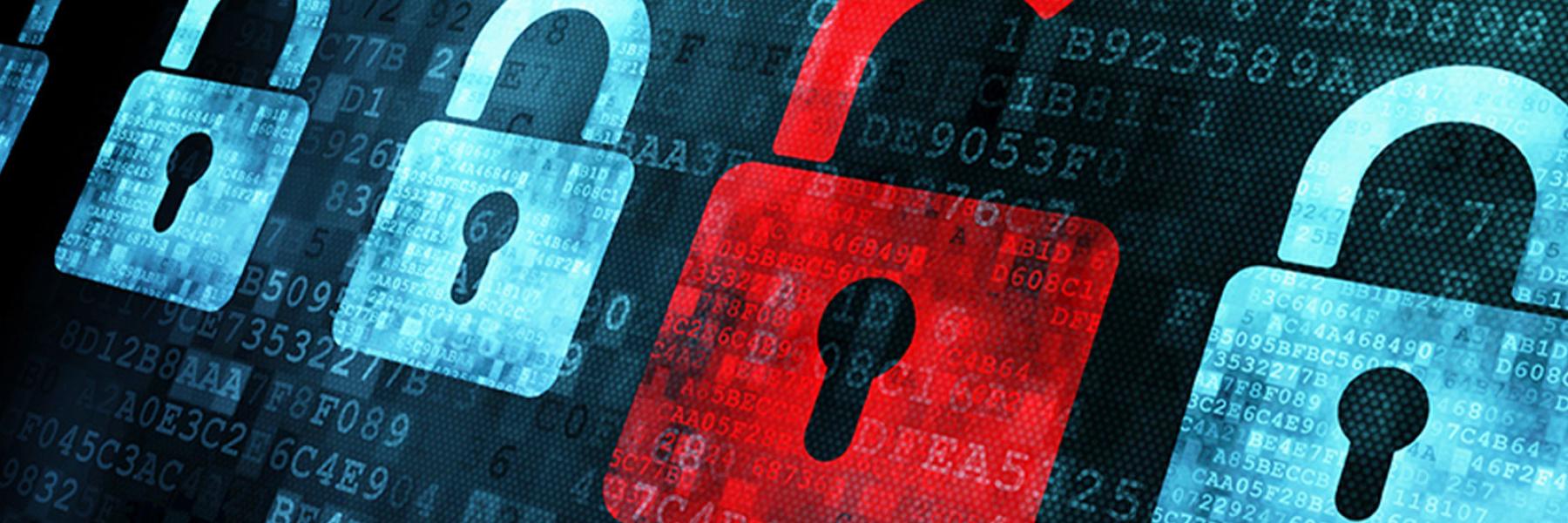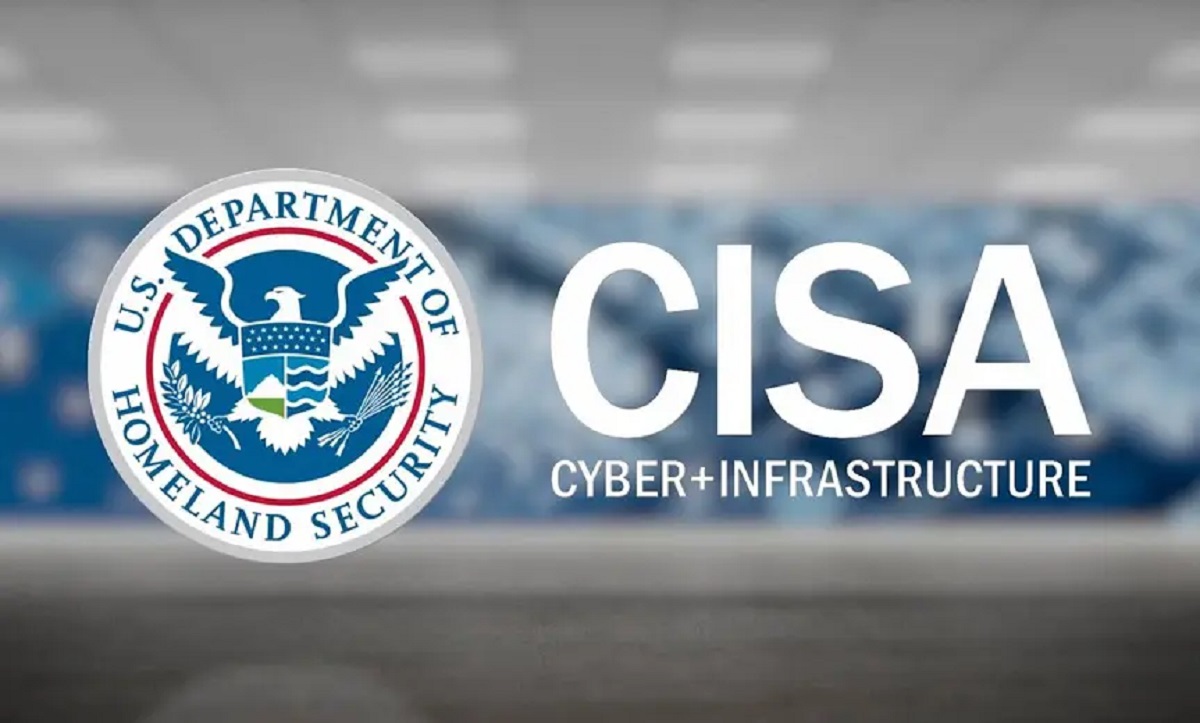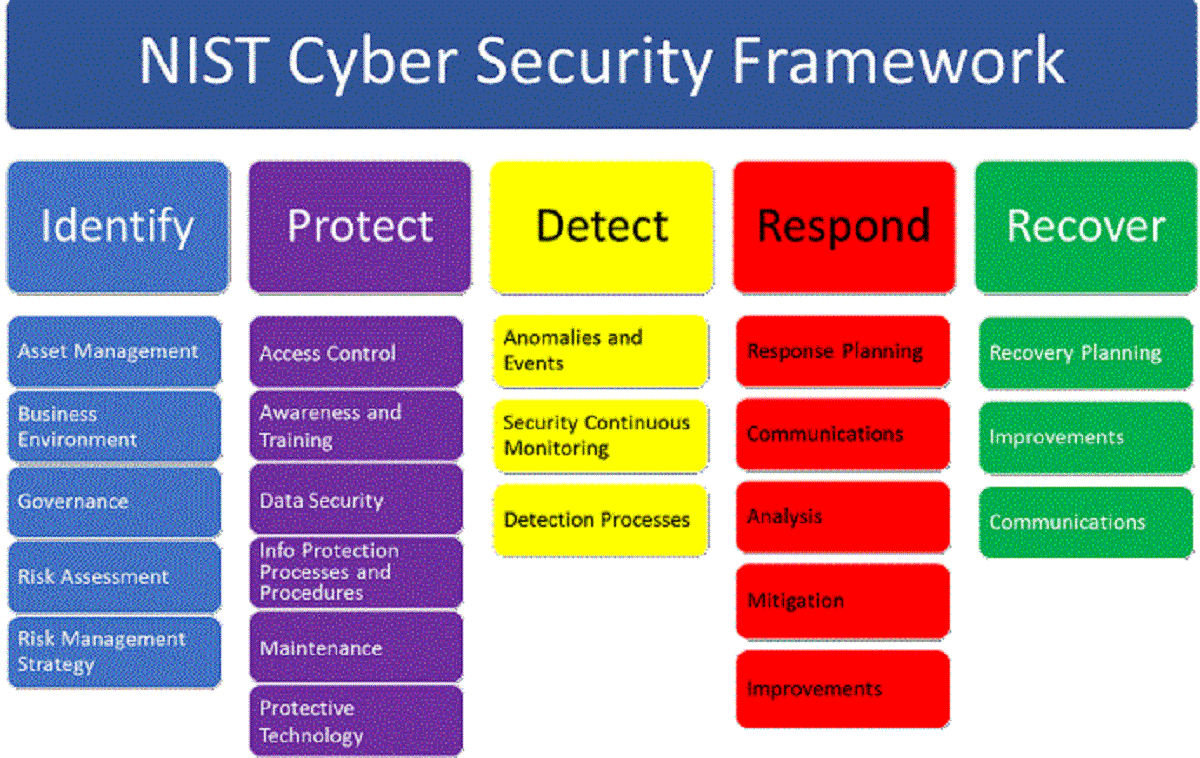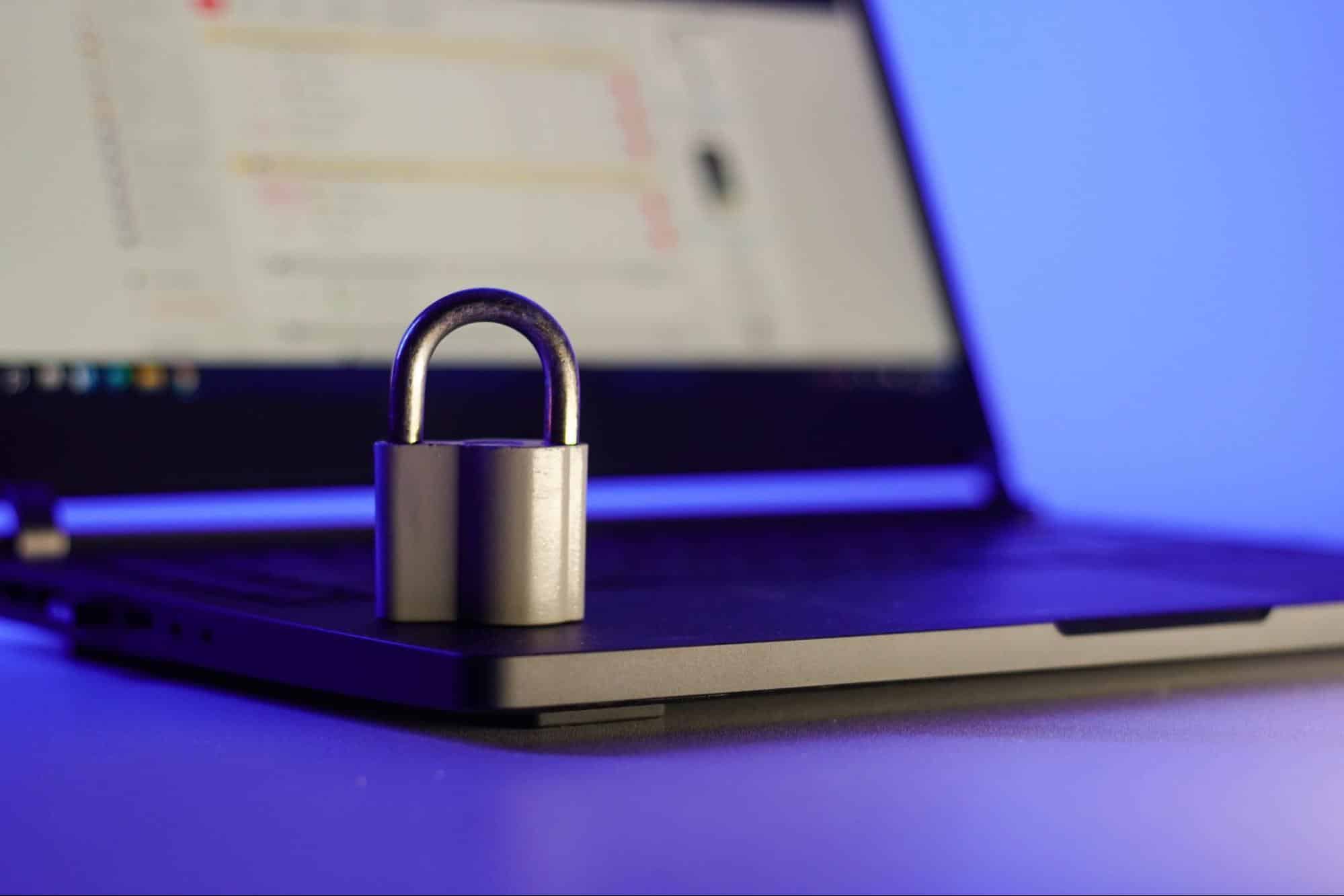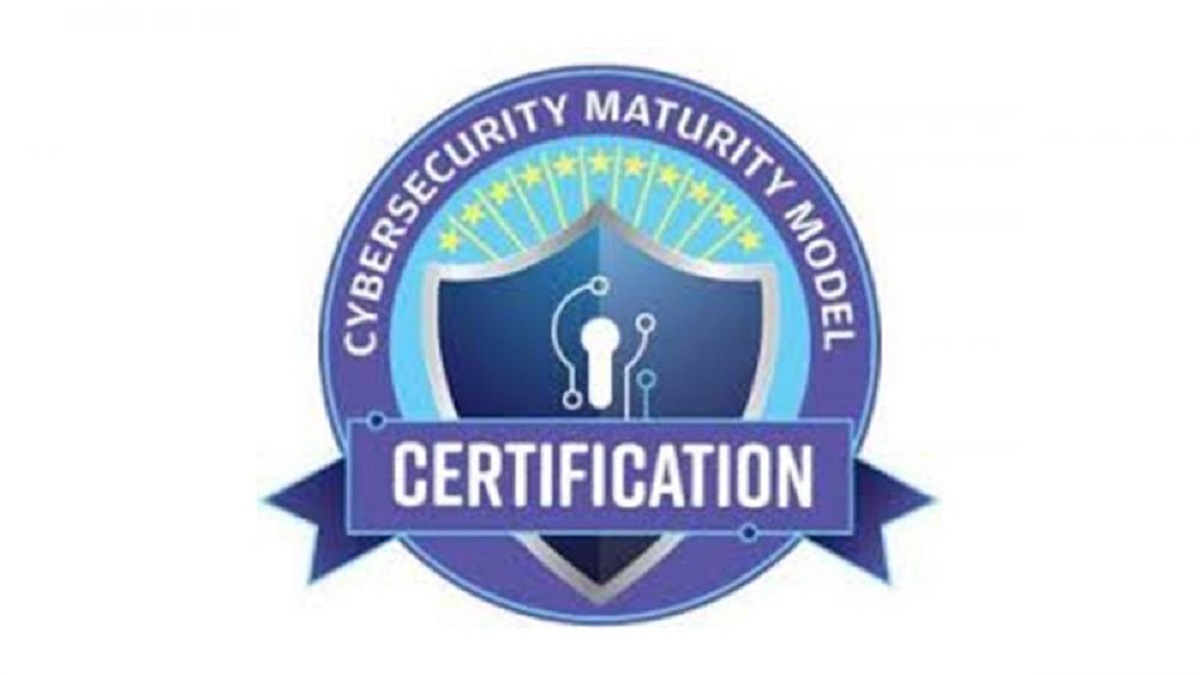Introduction
Welcome to the world of cybersecurity exercises! In an era where digital threats pose a significant risk to nations, ensuring the preparedness of cybersecurity teams is essential. National-level exercises have emerged as a powerful tool to assess and enhance the abilities of cyber defense personnel. These exercises foster collaboration, test response capabilities, and identify gaps in cybersecurity infrastructure. By simulating real-world cyber attacks, participants gain invaluable experience in combatting threats and devising effective strategies.
Cybersecurity exercises are meticulously designed to replicate the complexity and intensity of cyber warfare, providing a controlled environment to test the capabilities of both individuals and teams. These exercises involve various stakeholders from government agencies, intelligence organizations, military branches, private sector entities, and international partners. The primary objective is to enhance coordination and response efforts in the face of sophisticated cyber threats.
With the growing importance of cybersecurity in protecting national interests, several national-level exercises have been developed worldwide. These exercises serve as vital platforms for sharing best practices, building relationships, and fostering innovation in the field of cybersecurity. In this article, we will explore some of the most prominent national-level exercises focused on cybersecurity.
Definition of National-Level Exercise
A national-level exercise is a large-scale simulation that brings together a wide range of stakeholders to test and evaluate the preparedness of a nation’s cybersecurity capabilities. These exercises are typically organized and led by government agencies, such as national cybersecurity centers or departments of defense, with the participation of relevant industry sectors, academia, and international partners.
The objective of a national-level exercise is to assess the readiness, coordination, and response capabilities of participants in the face of various cyber threats. These exercises simulate realistic cyber attack scenarios, allowing participants to practice their incident response procedures and identify vulnerabilities in their cybersecurity infrastructure. By replicating the complex and dynamic nature of cyber attacks, national-level exercises offer invaluable opportunities for learning, collaboration, and improvement in the field of cybersecurity.
These exercises go beyond individual organizations and aim to foster a whole-of-nation approach towards cybersecurity. They provide a platform for different sectors and agencies to collaborate, share information, and develop effective strategies for mitigating cyber threats. The participation of various stakeholders, including government entities, private sector organizations, and international partners, ensures a comprehensive and holistic assessment of a country’s cyber defense capabilities.
National-level exercises are often multi-day events that involve extensive planning, coordination, and execution. They incorporate a wide range of activities, such as tabletop exercises, red teaming, technical simulations, and policy discussions. The scenarios presented during these exercises vary in complexity and sophistication, requiring participants to demonstrate their technical skills, crisis management abilities, and decision-making processes.
These exercises are not only crucial for evaluating and enhancing a nation’s cyber defense capabilities, but they also serve as opportunities for capacity building, information sharing, and fostering relationships among participants. They contribute to the overall cybersecurity resilience of a nation by identifying weaknesses, developing best practices, and strengthening cooperation.
Importance of Cybersecurity Exercises
In today’s increasingly interconnected world, the importance of cybersecurity exercises cannot be overstated. These exercises play a crucial role in preparing nations to effectively respond to and mitigate cyber threats. Here are several reasons why cybersecurity exercises are of paramount importance:
1. Assessing Preparedness: Cybersecurity exercises provide an opportunity to evaluate the readiness and capabilities of cyber defense teams in a realistic and controlled environment. By simulating cyber attacks, these exercises help identify gaps in protocols, policies, and technical infrastructure, allowing organizations to enhance their preparedness levels.
2. Enhancing Coordination: Cyber threats are complex and often require collaboration between various government agencies, private sector entities, and international partners. Cybersecurity exercises facilitate cross-sector coordination, allowing participants to hone their abilities to work together and implement coordinated response strategies.
3. Developing Incident Response Plans: Exercises enable organizations to practice and refine their incident response plans. By simulating cyber attacks, participants can test the effectiveness of their response procedures and identify areas that require improvement. This iterative process helps organizations develop more robust and efficient incident response plans.
4. Building Technical Skills: Cybersecurity exercises provide participants with hands-on experience in dealing with real-world cyber threats. These exercises offer opportunities for individuals and teams to develop and refine their technical skills, such as forensic analysis, vulnerability assessment, and threat intelligence analysis.
5. Identifying Vulnerabilities: Through simulated cyber attacks, exercises help organizations uncover vulnerabilities in their systems and networks. This allows them to proactively address these weaknesses, patch vulnerabilities, and strengthen their cybersecurity posture.
6. Promoting Information Sharing: Cybersecurity exercises foster information sharing and collaboration among participants. By bringing together experts from different sectors and organizations, these exercises facilitate the exchange of best practices, lessons learned, and innovative solutions to combat cyber threats.
7. Raising Awareness: Cybersecurity exercises serve as a platform to raise awareness about the importance of cybersecurity and the potential impact of cyber threats. By simulating realistic scenarios, these exercises highlight the critical need for proactive cybersecurity measures and the potential consequences of cyber attacks.
Overall, cybersecurity exercises are essential for improving the preparedness and resilience of nations in the face of evolving cyber threats. They provide invaluable opportunities for learning, collaboration, and innovation, ultimately strengthening the collective ability to defend against cyber attacks.
Top National-Level Exercises Focused on Cybersecurity
Several national-level exercises have gained prominence in the field of cybersecurity due to their comprehensive approach, realistic scenarios, and effective evaluation methodologies. Let’s explore some of the top exercises:
- Cyber Storm Exercise: Cyber Storm is a biennial exercise organized by the Department of Homeland Security (DHS) in the United States. It brings together participants from various government agencies, private sector organizations, and international partners. The exercise focuses on simulating large-scale cyber incidents to test coordination, response capabilities, and information sharing among participants.
- Cyber Guard Exercise: Led by the National Guard in the United States, Cyber Guard is an annual exercise that primarily focuses on the role of the National Guard in cyber defense. The exercise involves federal, state, and local government agencies, as well as private sector organizations. Participants engage in a series of cyber incidents that test their ability to respond to and recover from cyber attacks.
- Cyber Flag Exercise: Cyber Flag is an exercise conducted by the United States Air Force’s 24th Air Force Cyber Command. The exercise focuses on training and evaluating cyber mission forces by simulating complex, realistic scenarios. It involves participants from the US military, government agencies, and international partners, emphasizing joint operations and information sharing.
- Quantum Dawn Exercise: Quantum Dawn is a financial sector-focused exercise organized by the Securities Industry and Financial Markets Association (SIFMA) in collaboration with industry partners. The exercise simulates cyber attacks targeting financial institutions, with the goal of enhancing response capabilities, coordination, and communication within the financial sector.
- Cyber Quest Exercise: Cyber Quest is an exercise organized by the U.S. Army Cyber Command. It focuses on identifying and testing emerging technologies, tactics, and procedures in a simulated cyber warfare environment. The exercise provides a platform for industry and academia to showcase innovative cyber defense solutions and share expertise with military personnel.
These national-level exercises serve as benchmarks for cybersecurity preparedness and facilitate the exchange of best practices, lessons learned, and innovative solutions. They play a pivotal role in enhancing collaboration, technical skills, and incident response capabilities among participants, ultimately strengthening the overall cybersecurity posture of nations.
Cyber Storm Exercise
The Cyber Storm Exercise is a highly regarded national-level cybersecurity exercise conducted by the Department of Homeland Security (DHS) in the United States. It is designed to assess and enhance the response capabilities, coordination, and information sharing among various government agencies, private sector organizations, and international partners.
The exercise, held biennially, simulates large-scale cyber incidents to challenge and evaluate the abilities of participants to detect, mitigate, and respond to sophisticated cyber threats. Cyber Storm operates under the premise of a realistic and evolving cyber attack scenario, allowing participants to experience the complexity and urgency of managing a cyber crisis.
One of the primary objectives of the Cyber Storm Exercise is to test and improve the coordination and communication among different stakeholders. The exercise involves key government agencies, such as DHS, the Federal Bureau of Investigation (FBI), the Department of Defense (DoD), as well as representatives from the private sector and international partners. It aims to enhance collaboration and information sharing mechanisms to effectively respond to cyber incident scenarios that may impact critical infrastructure, government operations, or national security.
Cyber Storm leverages a range of incident response techniques and strategies to evaluate the participants’ ability to handle cyber attacks. These include technology-based simulations, tabletop exercises, and real-time simulations to challenge the decision-making processes and assess the participants’ capacity to mitigate cyber threats effectively.
This exercise also focuses on analyzing and addressing vulnerabilities in the cybersecurity ecosystem. By identifying weaknesses across systems, networks, and infrastructure, participants can ensure that these vulnerabilities are mitigated and appropriate measures are put in place to prevent future cyber attacks.
Furthermore, Cyber Storm serves as a platform for participants to share best practices and lessons learned from cyber incident response activities. Through collaboration and knowledge exchange, participants gain insights into emerging threats, innovative response techniques, and effective cybersecurity strategies.
Cyber Storm has demonstrated its significance in fostering a strong cybersecurity posture and enhancing resilience in the face of evolving cyber threats. The exercise enables participants to validate their incident response policies, procedures, and technologies in a realistic environment, helping to identify areas for improvement and promoting continuous learning and development in the field of cybersecurity.
Cyber Guard Exercise
The Cyber Guard Exercise is a national-level cybersecurity exercise led by the National Guard in the United States. It is an annual exercise that aims to enhance the cyber defense capabilities and readiness of the National Guard, as well as foster coordination and collaboration among federal, state, and local government agencies and private sector organizations.
The primary focus of the Cyber Guard Exercise is to validate and strengthen the role of the National Guard in cyber defense operations. The exercise involves the participation of National Guard cyber units from various states, alongside representatives from federal agencies, Department of Defense components, and private industry partners.
Cyber Guard simulates realistic cyber attack scenarios, challenging participants to detect, respond to, and recover from sophisticated cyber threats. The exercise utilizes a range of techniques, including red teaming, tabletop exercises, and technical simulations, to evaluate the participants’ skills, knowledge, and coordination in mitigating cyber threats.
The exercise places a strong emphasis on joint operations and cross-sector collaboration. Participants work together to share information, coordinate response efforts, and exchange best practices. This collaboration between National Guard units, federal agencies, and private sector organizations ensures a holistic approach to cyber defense, leveraging the expertise and resources of each participant.
Cyber Guard also offers a unique opportunity for the National Guard cyber units to train alongside other military components. This integration enables the sharing of knowledge, experience, and tactics between the National Guard and active-duty military cyber units, fostering a unified and effective cyber defense capability.
Furthermore, the exercise facilitates the development and improvement of incident response plans, policies, and procedures within the National Guard units. It allows participants to identify gaps in their cyber defense strategies and identify areas for improvement in processes, training, and technologies.
Participation in Cyber Guard not only helps strengthen the cyber defense capabilities of the National Guard but also builds valuable relationships and partnerships with federal agencies, state and local governments, and private sector organizations. These connections improve interagency coordination, information sharing, and mutual support during real-world cyber incidents.
The Cyber Guard Exercise serves as a vital platform for testing, evaluating, and improving the cyber defense readiness of the National Guard. It enhances cooperation, coordination, and response capabilities across various sectors, ultimately contributing to a more secure and resilient cybersecurity landscape in the United States.
Cyber Flag Exercise
The Cyber Flag Exercise is an annual national-level cybersecurity exercise conducted by the United States Air Force’s 24th Air Force Cyber Command. This exercise focuses on training and evaluating cyber mission forces by simulating complex, realistic scenarios and challenging participants in various aspects of cyber warfare.
Cyber Flag brings together participants from the U.S. military, government agencies, and international partners. The exercise aims to enhance joint operations, collaboration, and information sharing among participants to strengthen their cyber defense capabilities.
The exercise places an emphasis on joint force integration, enabling participants to work together across different military branches and agencies. It fosters interoperability, coordination, and communication, as participants leverage their unique expertise and capabilities to collectively defend against cyber threats.
During Cyber Flag, participants engage in a series of scenarios that simulate a range of cyber attacks, including those targeting critical infrastructure, military systems, and information networks. These scenarios are designed to replicate real-world cyber threats, enabling participants to practice their incident response procedures and sharpen their technical skills.
Cyber Flag incorporates red teaming, where a designated team of cybersecurity experts mimics adversaries and launches simulated attacks. This provides participants with valuable insights into the tactics, techniques, and procedures used by hackers, allowing them to enhance their defensive strategies.
One notable aspect of Cyber Flag is its focus on information sharing and collaboration with international partners. This fosters a global approach to cyber defense, allowing participants to learn from each other, exchange best practices, and strengthen cooperative relationships in the face of global cyber threats.
The exercise also serves as a platform for showcasing innovative technologies, tools, and techniques in the field of cybersecurity. Participants have the opportunity to observe and employ state-of-the-art cyber defense solutions, contributing to the continuous evolution and improvement of cyber defense capabilities.
Moreover, Cyber Flag offers unique training opportunities for military personnel involved in offensive cyber operations. It allows them to refine their skills in a controlled and realistic environment, ensuring they are equipped to effectively conduct cyber warfare and counter cyber threats.
The Cyber Flag Exercise plays a vital role in enhancing the readiness, coordination, and capabilities of participants in the rapidly evolving domain of cyber warfare. It enhances joint operations, information sharing, and technical skills, ultimately strengthening the overall cyber defense posture and mission readiness of the U.S. military and its partner nations.
Quantum Dawn Exercise
The Quantum Dawn Exercise is a notable national-level cybersecurity exercise focused on the financial sector. It is organized by the Securities Industry and Financial Markets Association (SIFMA) in collaboration with industry partners, with the aim of assessing and improving the resilience of the financial sector against cyber threats.
The exercise, named after the infamous financial crash of 1929, simulates realistic cyber attacks targeting financial institutions. It brings together participants from major banks, financial service providers, government agencies, and regulatory bodies to test their response capabilities and evaluate their ability to mitigate cyber threats that could have a substantial impact on the financial system.
Quantum Dawn focuses on testing the coordination and communication among participants in responding to and recovering from cyber incidents. The exercise simulates scenarios that exploit vulnerabilities in banking systems, trading platforms, and critical infrastructure to evaluate how well participants can detect, contain, and mitigate the impact of a cyber attack.
Participants engage in a range of activities during Quantum Dawn, including information sharing, incident response simulations, and crisis management exercises. These activities test their ability to rapidly analyze and respond to dynamic cyber threats, make critical decisions under pressure, and coordinate with external stakeholders, such as regulators, law enforcement agencies, and other financial institutions.
One of the primary objectives of Quantum Dawn is to identify vulnerabilities and improve the cybersecurity posture of the financial sector. Through the exercise, participants gain insights into their own weaknesses, allowing them to refine their cybersecurity strategies, update policies and procedures, and strengthen their defenses against future cyber threats.
Additionally, Quantum Dawn serves as a platform for collaboration and information sharing among participants. Lessons learned, best practices, and innovative solutions are shared, helping to shape the development of industry-wide cybersecurity standards and practices in the financial sector.
The exercise also provides an opportunity for participants to enhance their incident response capabilities and develop relationships with government and regulatory agencies. Executing effective incident response procedures and forging strong partnerships with external entities are critical to minimizing the impact of cyber attacks on the financial sector and ensuring a swift recovery.
By simulating realistic cyber attack scenarios and emphasizing collaboration, coordination, and information sharing, Quantum Dawn plays a crucial role in advancing the resilience and preparedness of the financial sector in the face of evolving cyber threats.
Cyber Quest Exercise
The Cyber Quest Exercise is a national-level cybersecurity exercise organized by the U.S. Army Cyber Command. This exercise focuses on identifying and testing emerging technologies, tactics, and procedures in a simulated cyber warfare environment.
Cyber Quest serves as a platform for industry and academia to showcase their innovative cyber defense solutions and share their expertise with military personnel. The exercise aims to enhance the knowledge, skills, and capabilities of participants in countering evolving cyber threats.
During Cyber Quest, participants engage in a series of hands-on activities and simulations that challenge their technical skills, decision-making processes, and ability to adapt to rapidly changing cyber threats. The exercise incorporates a range of scenarios that simulate real-world cyber attacks, allowing participants to practice their incident response procedures and evaluate the efficacy of emerging technologies and techniques.
Industry and academic partners play a crucial role in Cyber Quest, providing participants with access to cutting-edge cybersecurity tools, technologies, and methodologies. This collaboration fosters innovation and knowledge exchange, enabling military personnel to stay at the forefront of cyber defense strategies and solutions.
Cyber Quest also focuses on evaluating the interoperability and integration of various cyber defense systems. By testing the compatibility of different technologies and tools, the exercise helps to identify potential gaps and challenges in integrating capabilities from different entities. This ensures a more cohesive and effective cyber defense capability.
In addition to technical skills, Cyber Quest places a strong emphasis on the development of critical thinking, collaboration, and teamwork. Participants work in teams, combining their expertise and resources to overcome complex challenges. This promotes a collaborative and agile approach to cyber defense, reflecting the reality of cyber warfare.
The exercise also provides an opportunity for military personnel to build relationships with industry partners and academic institutions. These relationships foster ongoing collaboration and ensure that military cyber units have access to the latest technologies, training programs, and research that can enhance their cyber defense capabilities.
By focusing on emerging technologies and tactics, encouraging collaboration between military, industry, and academia, and emphasizing hands-on simulations, the Cyber Quest Exercise ensures that military cyber units are well-equipped to counter evolving cyber threats. It contributes to the continuous improvement of the U.S. Army’s cyber defense capabilities and supports the development of innovative solutions in the field of cybersecurity.
Conclusion
National-level cybersecurity exercises play a critical role in assessing, refining, and improving the preparedness of nations in the face of evolving cyber threats. These exercises provide a platform for participants to test their response capabilities, enhance coordination and communication, identify vulnerabilities, and foster collaboration and information sharing among stakeholders.
Throughout this article, we have explored several prominent national-level exercises focused on cybersecurity. The Cyber Storm Exercise, organized by the Department of Homeland Security, assesses the readiness of participants in handling large-scale cyber incidents. The Cyber Guard Exercise, led by the National Guard, strengthens the role of the Guard in cyber defense and promotes interagency coordination. The Cyber Flag Exercise, conducted by the U.S. Air Force, enhances joint operations and the sharing of best practices in cyber warfare. The Quantum Dawn Exercise, specific to the financial sector, evaluates the resilience of financial institutions against cyber threats. Lastly, the Cyber Quest Exercise, organized by the U.S. Army, focuses on testing emerging technologies and fostering collaboration between military, industry, and academia.
These exercises are crucial in enhancing the overall cybersecurity posture of nations. By providing realistic scenarios, fostering collaboration, and encouraging innovation, they help organizations and individuals refine their incident response procedures, identify weaknesses, and strengthen their cyber defense capabilities.
The importance of these national-level exercises cannot be overstated. They contribute to the preparedness, coordination, and resilience of nations in the face of increasingly sophisticated cyber threats. The lessons learned, best practices shared, and relationships built during these exercises strengthen the collective ability to detect, prevent, and respond to cyber attacks.
As cyber threats continue to evolve, it is imperative for nations to invest in and participate in these exercises to stay ahead of the curve. By continuously assessing and improving cyber defense capabilities, sharing knowledge, and fostering collaboration, nations can effectively mitigate risks, protect critical infrastructure, and safeguard national interests in the digital age.







